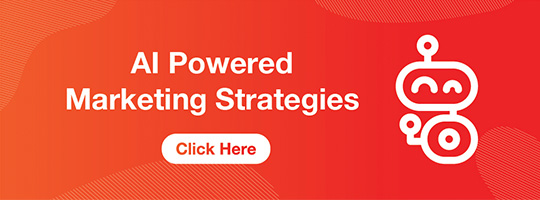Artificial intelligence has undeniably transformed today’s working environments, offering significant benefits while also presenting complex challenges. One of the most pressing concerns emerging from this transformation is the impact of AI and automation on workers’ mental health, particularly for entrepreneurs. This issue demands a comprehensive understanding to address its implications and to formulate effective strategies.
The rise of AI has led to increased automation of various tasks, which has triggered concerns about job security. Entrepreneurs, who often face intense pressure and uncertainty in their roles, are particularly vulnerable. The fear of their jobs being replaced by intelligent technologies can exacerbate emotional and psychological stress. The anxiety surrounding job displacement is not just about losing a position but also about the loss of identity and purpose that often comes with being an entrepreneur. As AI continues to evolve, these fears can create a silent yet profound struggle that impacts mental health.
The automation of repetitive and predictable tasks, while boosting efficiency, can lead to job insecurity and instability in several sectors. This is especially true for roles that are highly susceptible to technological replacement. The stress associated with such job insecurity can affect mental well-being, causing feelings of anxiety, depression, and burnout. Entrepreneurs, who may already operate under high levels of stress, can experience these effects more acutely, as their livelihoods and self-worth are often closely tied to their business success.
On the other hand, AI also holds promise for improving worker well-being. The development of AI-based support tools, such as emotional support chatbots and stress management programs, offers valuable assistance. These tools can provide personalised, ongoing support to help employees and entrepreneurs manage work-related stress and mental health challenges. For instance, emotional support chatbots can offer timely, tailored interventions that help individuals cope with stress and maintain their emotional resilience. Similarly, stress management programs powered by AI can help workers develop coping strategies and improve their overall mental health.
However, the integration of AI into the workplace must be approached with care. While the technology has the potential to enhance productivity, it also introduces new pressures and challenges. To create a supportive and healthy work environment, it is crucial to strike a balance between harnessing the benefits of AI and addressing the mental health needs of employees and entrepreneurs. This means implementing AI in ways that not only improve efficiency but also include measures to support mental well-being.
Organisations need to adopt a holistic approach to integrating AI. This involves recognising the psychological impact of automation and proactively addressing these challenges through comprehensive mental health strategies. Providing access to mental health resources, promoting work-life balance, and fostering an environment where employees feel supported and valued are essential components of this approach.
The impact of AI and automation on mental health is a multifaceted issue that requires careful navigation. While the automation of tasks through AI can lead to legitimate concerns about job security and mental well-being, it also offers opportunities to support and enhance worker health. By adopting a balanced approach—one that leverages AI for increased efficiency while prioritising mental health—organisations can create a work environment that is both productive and supportive. Ensuring that AI advancements contribute positively to both operational success and employee satisfaction will help address the silent struggles faced by modern entrepreneurs and workers alike.










Comments are closed.